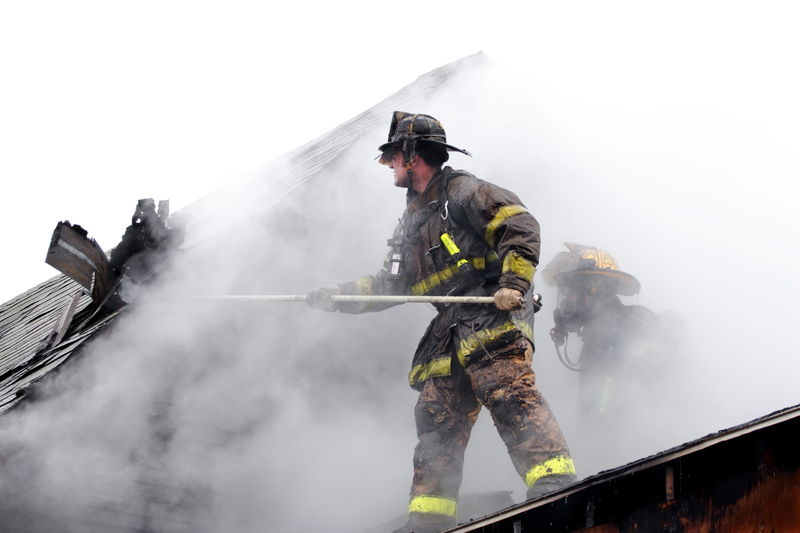TOMS RIVER, NJ – Shore area legislators are hoping their bill to create a $5,000 income tax exemption for volunteer firefighters and EMTs passes on the floor of the senate and assembly.
That bill is being sponsored by Senator Christopher Connors, Assemblyman Brian Rumpf, and Assemblywoman DiAnne Gove, representing southern Ocean County and the Jersey Shore.
Volunteer firefighters and EMTs are uncompensated for their volunteer work and often miss hours at work and with family, putting themselves in danger to serve the community.
The bill didn’t make it through the Democrat-controlled process last time, but the delegation has reintroduced legislation S-1697 and A-757 that would permit volunteer firefighters and first aid or rescue squad members to claim an additional exemption of $5,000 to be taken as a deduction from their gross income if they meet certain qualifications.
This bill would not extend the tax credits to paid firefighters and EMTs, such as the for-profit Silverton First Aid Company in Toms River, who recently switched from a volunteer model to a corporate for-profit business with paid workers.
The 9th District Delegation issued the following statement regarding the reintroduction of the legislation to provide financial assistance to volunteer fire and EMS personnel:
“Volunteer firefighters and rescue and first aid squad members consistently display selfless devotion to their communities at all hours of the day, including in extreme conditions when lives are at stake. Not surprisingly, they have earned the respect and enduring gratitude of communities they serve and the elected officials who understand how critical the services these volunteers provide.
“Accordingly, our Delegation has introduced legislation to provide these volunteers a form of tax relief in recognition of the lives they save, the harm they prevent and cost saving to taxpayers provided through volunteer efforts. The services these volunteers provide have gained greater attention and respect in view of the unprecedented public health challenges created by the pandemic.”
Under the Delegation’s initiative, firefighters would be able claim the $5,000 deduction if they: 1) volunteered during the entire tax year; 2) performed 60% of fire duty; and 3) had, by January 1 of the tax year, attained the rank of Firefighter I Certified according to approved standards. To satisfy the “60% of fire duty” requirement, volunteer firefighters without duty hours must have responded to 60% of the regular alarms and drills in which the department or force participated and volunteer firefighters with duty hours must have at least 400 duty hours during a calendar year of which not more than 50% was for drills.
First aid or rescue squad members would be able to claim the deduction if they: 1) volunteered during the entire tax year; 2) performed 10% of rescue duty; and 3) had, by January 1st of the tax year, either passed an approved training program or qualified as an emergency medical technician. To satisfy the “10% of rescue duty” requirement, first aid or rescue squad members who volunteer with duty hours must complete at least 400 hours of duty during the year, of which not more than 50% is for drills. If they volunteer without duty hours, the squad members must attend and render first aid at not less than 10% of the regular alarms and participate in 60% of the drills.
Upon reintroduction, S-1967 and A-757 were referred to the Senate Law and Public Safety Committee and Assembly Homeland Security and State Preparedness Committee, respectively.

